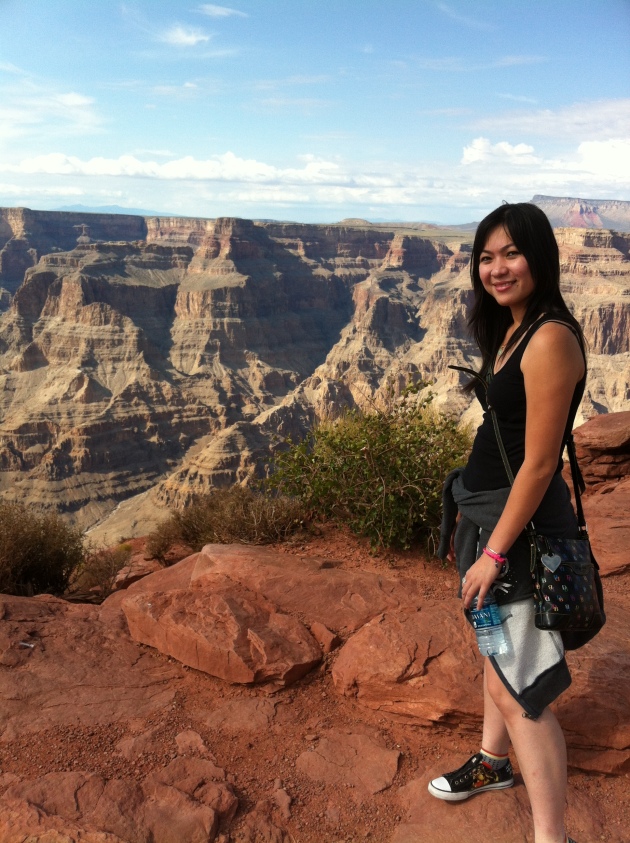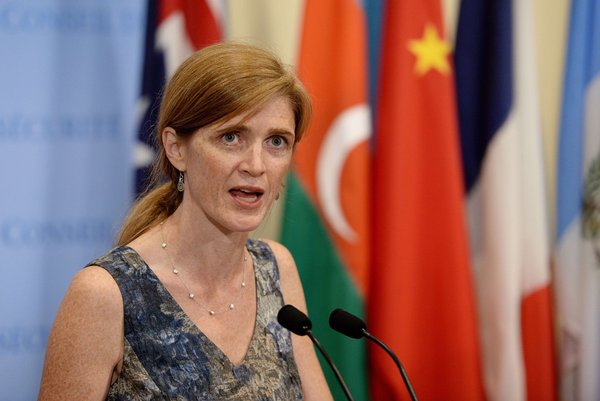February 17, 2014
by Alicia
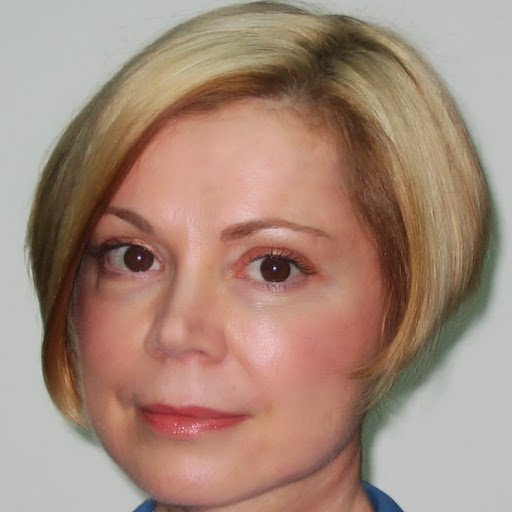
My first thought when I learned about the genocide was that if I could help just one child not experience what I went through as a second generation survivor, then it would be worth it.
– Martina Knee
April 2014 Genocide Awareness and Prevention Month:
Remembering the Past toward Healing our Future
A six event commemorative film series featuring the stories of survivors and their children
Living Ubuntu, in collaboration with Amnesty International – Irvine and six local academic institutions, presents a six-event commemorative film series featuring the stories of survivors and their children. April is Genocide Awareness and Prevention Month, and each film commemorates a genocide that started during April. Living Ubuntu provides education about global traumas as part of its mission to heal trauma in order to promote peace. All films are free and open to the public.
Below is an interview with Martina Knee, a second generation Holocaust survivor who will be a featured speaker at the Sudan genocide event.
* * *
An Interview With Martina Knee
Birth place: Vienna, Austria
Occupation: Corporate Attorney-Retired,
Full Time volunteer for Darfur Coalition (San Francisco Bay Area)
Q: When did you come to the U.S.?
A: When I was two years old. We lived in the suburbs of Washington D.C. until I was twelve. We then moved to the Chicago area, and I came to San Francisco to finish college.
Q: Were both your mother and father from Austria? What do you know of their background?
A: Yes, but I know very little of my father’s side of the family. He didn’t know his father, and he was an only child, very distant to his mother. He was raised Catholic but a very devout Atheist as an adult and died when I was ten years old.
My mother’s father (my grandfather) was a soldier in World War I and spent time in a prison camp in Siberia. I don’t know anything else about it but mention it as it is the earliest war-related trauma in my family of which I am aware. My mother described her father as a cold, selfish person who took care of his children, but today I think we would call him emotionally distant.
My mother’s mother was Jewish, and her father was Catholic. Her parents married in 1920, when Jews and Catholics in Austria just did not marry. They converted to the Lutheran religion so they could marry, but they did not observe and did not raise their children to observe. Austria was then, and is now, about 97% Catholic and has a long history of anti-Semitism. In the Jewish religion, Judaism passes through the mother. So, my mother was Jewish and was identified as a “half-Jew” by the Nazis. There is no such thing–one is either Jewish or not.
Q: Did your mother/family ever talk about what life was like before the Second World War (WWII)?
A: In a very idealized way. My mother absolutely loved opera from when she was little. She would talk about going to the opera as a child and being able to present flowers to the lead opera singer. But she never really talked about reality much.
Q: Did she have any siblings?
A: Yes, my mother was the oldest. She had a younger sister who was very different from her, and a younger brother who was drafted into the Nazi army toward the end of WWII. As the Nazis became more desperate, they started drafting teenagers and “half-Jews” such as her brother (my uncle). He was killed at age 17 on a train that was bombed by the Americans.
Q: What did your mother’s parents do for a living?
A: Both of her parents were doctors. It was very unusual then for her mother (a woman) to be a doctor. Both of my parents were doctors as well, and my mother’s sister is a doctor. Status and education were incredibly important to my parents, particularly my mother.
Q: Did your family ever try to emigrate before the start of, or during WWII?
A: I don’t know the answer to that. After Germany annexed Austria and persecution of the Jews accelerated, my mother’s mother, her maternal grandparents and a maternal uncle committed suicide. Another maternal uncle disappeared; no one knew what happened to him. My mother was 19 when her mother committed suicide. I have a feeling they committed suicide to avoid being taken to camps. My grandmother was, so to speak, the “Jewish link”. She thought her children would be better off if she were dead because then there would be no link. They were all in various places in Austria at the time (not in the same house), and I don’t know the details.
My mother never sat down and told me about the war as a story. She would just mention these individual vignettes or feelings, but it was never continuous. She never said that I shouldn’t ask questions, but somehow I knew not to ask questions. It wasn’t until after she died that I read a zillions books on turn of the century Vienna and the time leading up to the war. And then I had so many questions, and no one to ask…
Read more of this post

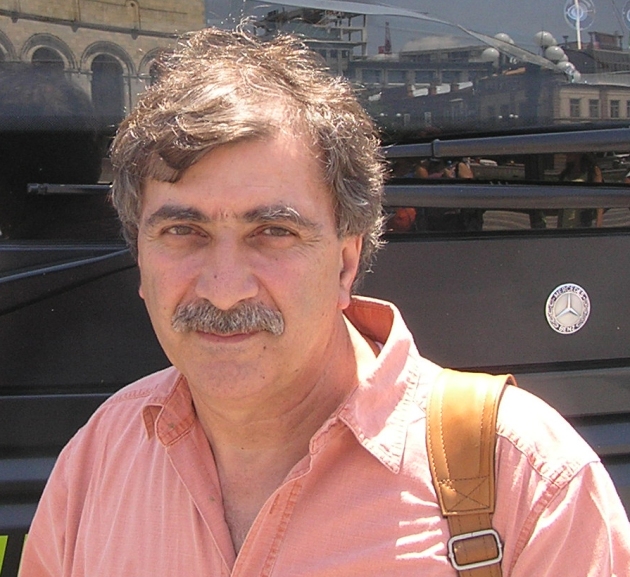
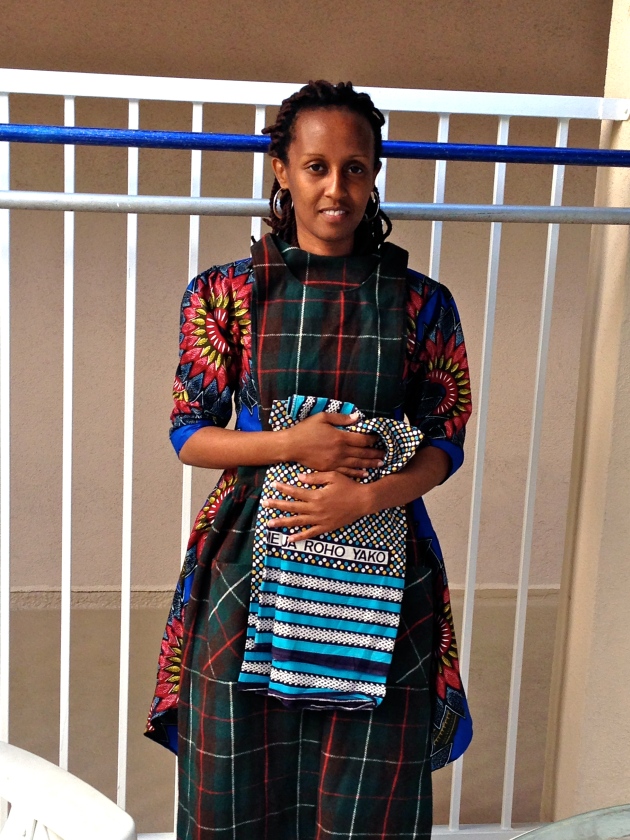
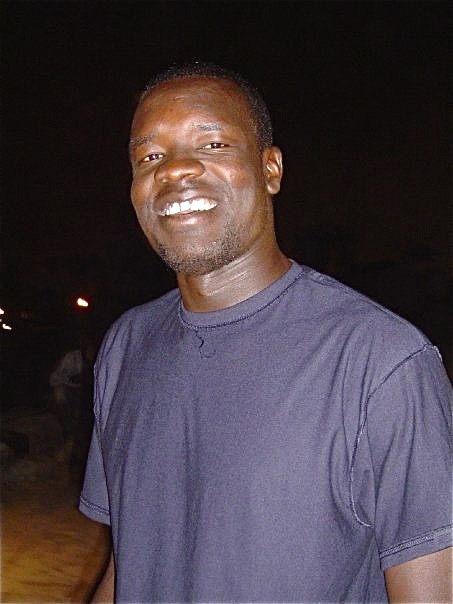 We learned how to jump into bunkers by about age five. We were taught to distinguish the sound of a normal airplane coming to land and the sound of the bombers.
We learned how to jump into bunkers by about age five. We were taught to distinguish the sound of a normal airplane coming to land and the sound of the bombers.
